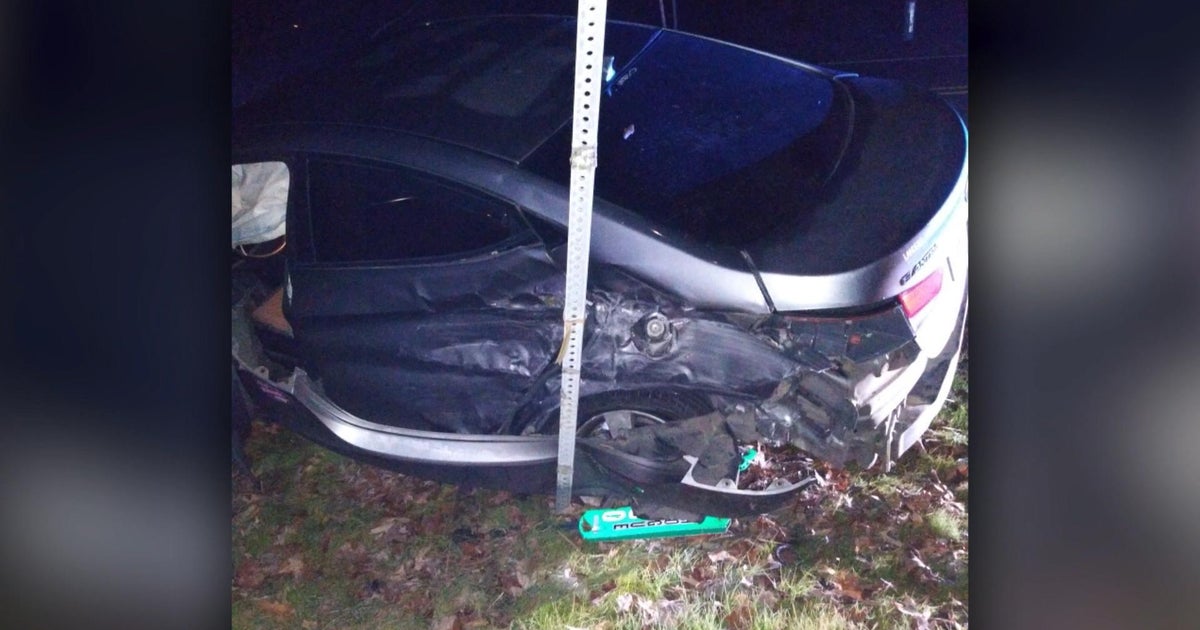
RALEIGH, N.C. (AP) — North Carolina Republican lawmakers on Tuesday overrode several vetoes by Democratic Gov. Josh Stein, getting just enough votes from Stein’s own party to enact some laws while falling short on others.
The votes were key tests for Republican General Assembly leaders since they narrowly lost their veto-proof majority following last fall’s elections.
Both chambers enacted eight of 14 vetoed measures to further their conservative agenda, including laws that target transgender rights, allow firearms on private school property and eliminate an interim greenhouse gas reduction mandate.
The GOP is one seat shy in the House of overcoming vetoes at will. Lawmakers were able to convince anywhere from one to three House Democrats to override on some measures.
“It depends on what the issue is, but on most issues, we’re going to have a working supermajority,” House Speaker Destin Hall told reporters after session.
Democratic leaders managed to keep intact other vetoes issued by Stein, meaning GOP goals to let adults carry concealed handguns without a permit and eliminate DEI initiatives are derailed for now.
Republicans “didn’t override them all. I mean, we might come back and override them if they have the numbers,” Democratic Rep. Pricey Harrison said after Tuesday’s session. “It’s a heck of a way to do policy.”
Possible Democratic victory on transgender bill ends in defeat
House Democrats weren’t able to uphold the governor’s veto on a bill targeting transgender people when one of their party members broke ranks.
The legislation initially ran as a bipartisan measure curbing sexual exploitation of women and minors on pornography websites. But several contentious provisions were tacked on later, such as recognizing only two sexes and preventing state-funded gender transition procedures for prisoners.
Freshman Democratic Rep. Dante Pittman voted for the measure in June but on Tuesday sided with Stein’s veto instead. Another Democrat, Rep. Nasif Majeed, sided with Republicans to override Stein’s veto.
“I had some moral issues about that and I had to lean on my values,” Majeed told reporters of the bill after the vote.
DEI bills blocked for now
In one of their biggest victories, Democrats blocked three bills that would have restricted diversity, equity and inclusion programs across the state by staying unified in their opposition.
Two of the bills would bar certain “divisive concepts” and “discriminatory practices” related to race and identity in K-12 schools, public universities and community colleges. The third bill would ban state agencies from implementing diversity, equity and inclusion programs or utilizing DEI in hiring practices.
Hall told reporters he expects the chamber will overcome the remaining vetoes, such as the DEI bills, at some point.
“If people are out and the numbers are there, we’re going to vote to override,” Hall said.
Mixed results on guns and immigration
Republican lawmakers fervently prioritized legislation on guns and immigration this session, but in some cases, they couldn’t complete that agenda Tuesday.
A vetoed bill allowing permitless concealed carry for eligible people over the age of 18 wasn’t heard in the House. That bill already faced an uphill battle after two Republicans voted against it with Democrats last month.
House Republicans also failed to call a vote on vetoed legislation that would require several state law enforcement agencies to engage in the Trump administration’s immigration crackdown by formally cooperating with federal agents.
Other legislation on guns and immigration followed the pathway to becoming law.
A bill that allows certain people to carry firearms onto private school property with administrative permission passed with support of a Democrat. Another Democrat’s support also pushed through a separate immigration measure expanding the offenses that would require a local sheriff to check a detained person’s legal status in the country.
Interim greenhouse gas mandate gets repealed
Enough Democrats joined Republicans in overriding Stein’s veto of legislation that largely addressed activities of Duke Energy, the state’s dominant electric utility.
The new law in part repeals a portion of a bipartisan 2021 law that told electric regulators to work toward reducing carbon dioxide output 70% from 2005 levels by 2030. A directive in the 2021 law to meet a carbon neutrality standard by 2050 is still in place.
Republicans said the 70% reduction mandate was unnecessary and if eliminated would moderate electricity rate increases required to meet the 2050 standard by allowing use of less expensive power sources.
Stein and environmental groups opposed the measure, saying that eliminating the 2030 standard and other provisions will result in higher consumer rates by having utilities rely more more on natural gas to generate electricity.



